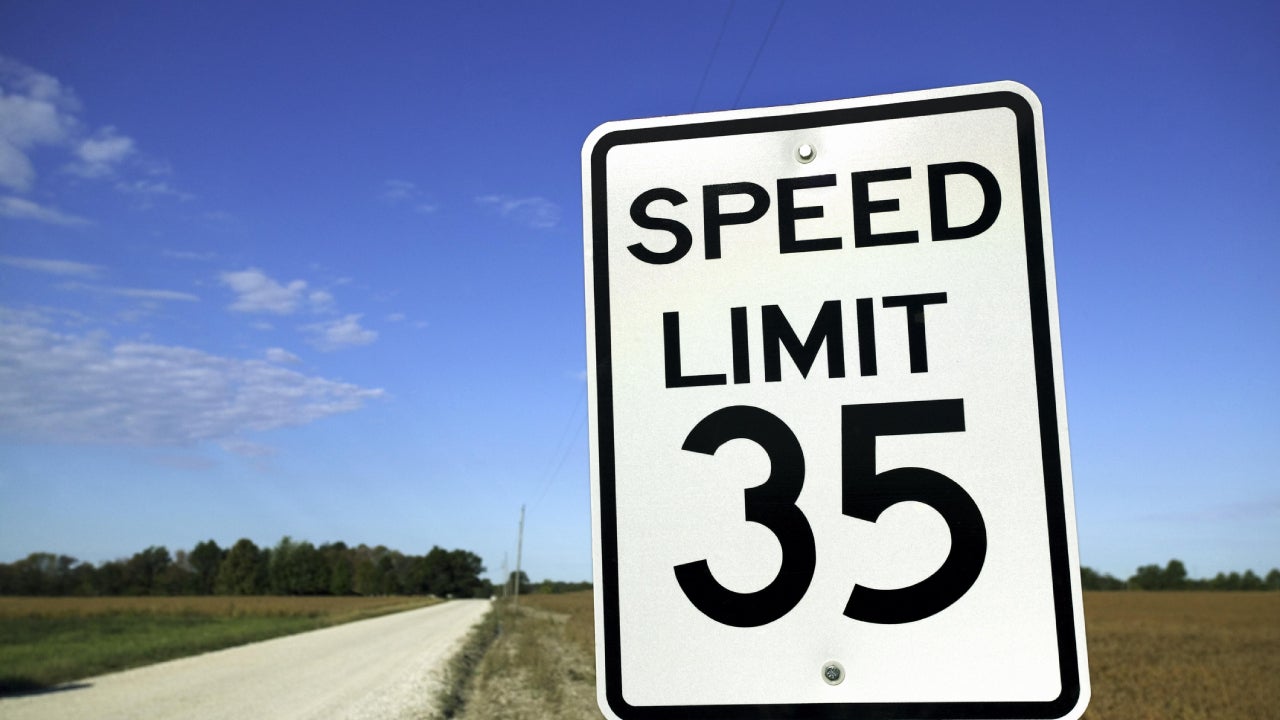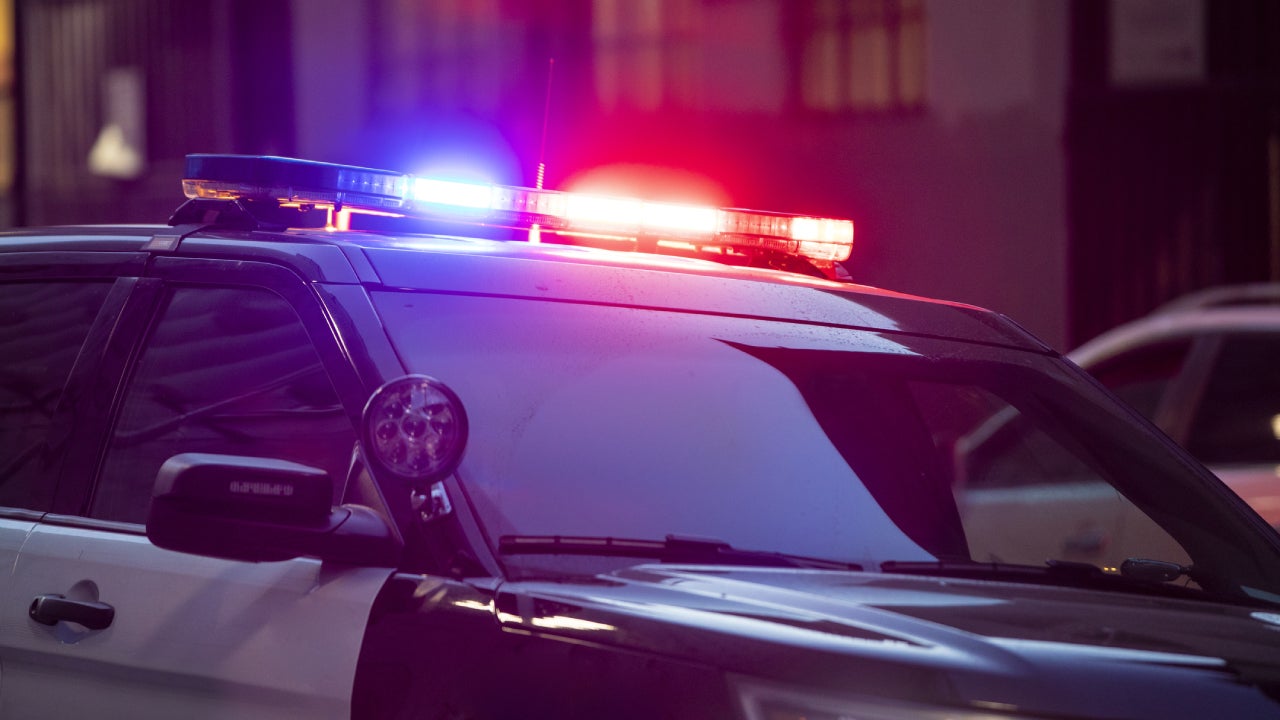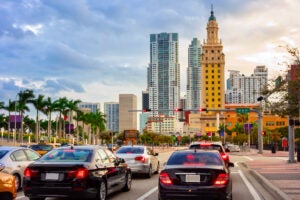What is SR-22 insurance?

If you’ve had your license suspended, you may have also received a notice from your state’s Department of Motor Vehicles (DMV) to file an SR-22 in order to have your license reinstated. An SR-22 isn’t a car insurance policy — instead, it’s a certificate filed by your car insurance company on your behalf stating that you meet the minimum car insurance requirements in your state. However, not all car insurance companies offer SR-22 forms. This guide breaks down what an SR-22 form is and how to purchase and file one.
What is an SR-22?
SR-22 insurance is not a type of car insurance policy. An SR-22 is a form filed by your insurance company that states you hold the minimum required amount of car insurance in your state. It is also referred to as a certificate of financial responsibility.
If you commit a serious traffic offense, your state’s Department of Motor Vehicles may notify you that you must file an SR-22 with the DMV. Only your auto insurance provider can file an SR-22 for you, but not all carriers offer this service. Depending upon your state of residence and specific correlating offense, the SR-22 requirement may be removed after a few years, or it may remain there for a prolonged period of time. In some states, the form name and required insurance levels can vary depending on the offense. Florida and Virginia, for example, may require an FR-44 with significantly higher liability limits than your state’s required minimums if convicted of a high-risk driving offense.
When do you need an SR-22?
Typically, adding an SR-22 component to your existing insurance is not done voluntarily. Instead, the state may require this documentation after you have had a serious driving incident or conviction to prove that you’re currently meeting your state’s minimum insurance requirements.
Drivers may be required to have an SR-22 in the following situations:
- The driver was charged with a DUI or DWI
- The driver was charged with reckless or negligent driving
- The driver was charged with multiple traffic offenses in a short time period
- The driver was caught driving without insurance
- The driver was involved in an accident while driving without insurance
- The driver was pulled over while not carrying car insurance in the registered vehicle
- The driver is required to reinstate their driver’s license after a suspension
If you are faced with an SR-22 requirement, the good news is that it will likely not last forever. Most states require you to carry an SR-22 for one to five years, provided that adequate insurance is continuously maintained during that time. If your coverage lapses, the clock may restart on the requirement or your license may even be revoked.
How to get an SR-22
Obtaining an SR-22 is typically a relatively simple process if you already have an insurance policy that meets your state’s legal minimum requirements. If your company offers SR-22 filing, it may be as simple as calling up your insurance agent to inform them of the change or going online to add it to your existing policy directly. From there, your car insurance company will contact the Department of Motor Vehicles. Although you will likely pay a fee for the additional service, your provider is responsible for filing the necessary paperwork with the state.
If your company does not give you the option to file an SR-22 form — or the corresponding form required in your state — you may need to shop for a new policy to be able to obtain a form and coverage through a high-risk provider.
Remember that even if you do not have access to a car of your own at the moment, you may still be required to meet the SR-22 requirements. In that instance, you may want to get a non-owner policy. It can help cover you against liability claims when you use someone else’s vehicle, and it will keep you up to date on your insurance requirements associated with an SR-22.
Companies that will file an SR-22
Getting a policy to satisfy SR-22 requirements may not be as easy as purchasing standard car insurance. It is risky for insurance companies to cover drivers who have a history of serious traffic violations. Because of that, not every insurance provider offers SR-22s. Here are some of the companies that may be more likely to extend coverage to high-risk drivers:
How much does an SR-22 cost?
Getting an SR-22 form filed on your behalf, in itself, will likely not be a huge expense. With most car insurance companies, adding this component to your insurance policy is only a matter of paying a small fee. The exact fee may vary by state or provider, but you can generally expect the cost to be somewhere around $25 to $50 to fulfill this requirement. However, you may need to switch carriers to get SR-22 filing, and the rate increases associated with high-risk driving may be costly.
Read more: Cheap car insurance for high-risk drivers
Is an SR-22 a one-time fee?
Some auto insurance companies may only charge a one-time filing fee, but this is not usually the case. If your insurance provider charges you a filing fee for your SR-22, it will typically be $25 to $50 charged at the initial request, as well as at the start of each renewal until the filing period expires.
Will an SR-22 increase your insurance rates?
Ultimately, your insurance premium will likely be affected if you have to get an SR-22. But it is your infraction — the event that caused you to need SR-22 insurance in the first place — that may cause you to be labeled as a high-risk driver and raise your premium. Sometimes your rate can change dramatically, such as with DUI convictions. However, the amount may be less for a different charge, like driving without insurance.
The best thing that you can do to secure an affordable rate is to shop around and compare quotes. Even high-risk insurers will offer different rates depending on your circumstances.
What states require SR-22s?
While most states use an SR-22 filing as assurance that you are covered, not all of them follow this method. Eight states, which include Delaware, Kentucky, Minnesota, New Mexico, New York, North Carolina, Oklahoma and Pennsylvania, do not. However, most still mandate every driver to have specific minimum liability coverage amounts in place with an active policy. Most states require drivers to provide the DMV with proof of insurance before a vehicle can be registered.
In Florida or Virginia, you may be required to file an FR-44 form with the state instead of an SR-22 form, depending on the severity of the infraction. For the most part, this form works very similarly to the SR-22, except it requires you to carry more than the normal insurance minimums in those states.
It is important to note that if you move out of state while under this restriction, you will still be subject to the SR-22 requirements of the state where your driving incident occurred. You will still have to maintain your SR-22 filing for as long as it is mandated, even if your new state does not require such coverage. In this case, it may be best to work with a national insurance carrier that offers out-of-state SR-22 options.
Frequently asked questions
Why we ask for feedback Your feedback helps us improve our content and services. It takes less than a minute to complete.
Your responses are anonymous and will only be used for improving our website.
You may also like

How a speeding ticket impacts your insurance in Missouri

Auto insurance after a DUI in Pennsylvania






